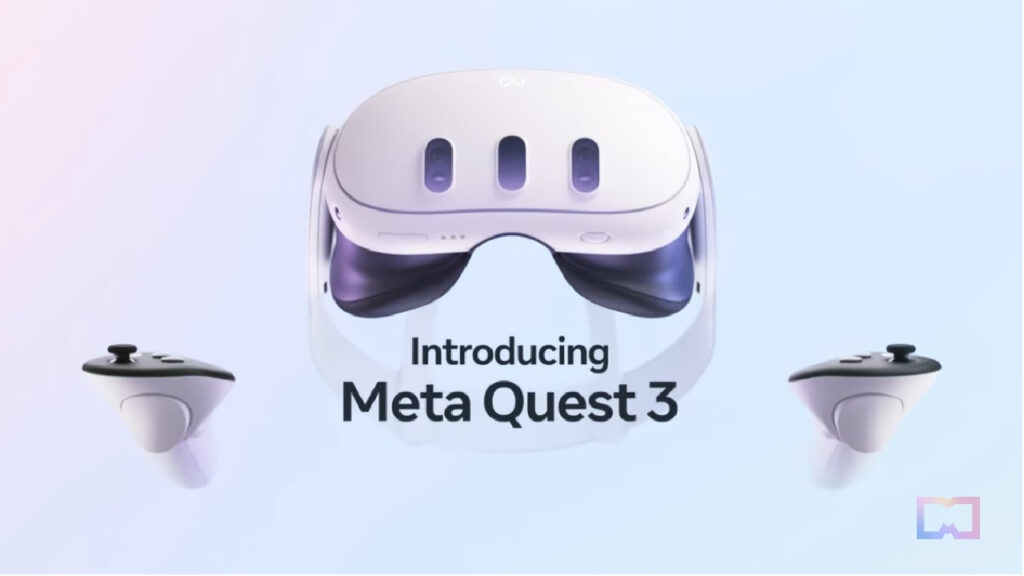Technology
Mark Zuckerberg Reveals Meta’s Latest VR Headset
Mark Zuckerberg, the Chief Executive of Meta, unveiled the company’s newest virtual-reality headset, Meta Quest 3. Powered by a new Qualcomm chip, the Meta Quest 3 boasts a 40% slimmer design and upgraded displays with improved resolution. Zuckerberg, in a social media video, touted it as the company’s most powerful headset to date.
According to Zuckerberg, Meta plans to release the highly anticipated VR headset in the fall, starting at $499. Further details will be revealed at Meta’s Connect conference in September.
Just days before Apple’s annual Worldwide Developers Conference, the stage is set for Apple to unveil its own VR headset alongside this announcement.
Get Wall Street Journal 2-Year Print Subscription for $480
Zuckerberg strategically shifted Meta’s focus to immersive virtual worlds, known as the metaverse, leading to the rebranding of Facebook as Meta in 2021. The company has invested billions of dollars in headsets, software, and metaverse-related applications. However, the metaverse has faced challenges with slow user adoption, resulting in tech companies cutting jobs and discontinuing nonessential projects. Zuckerberg referred to 2023 as “the year of efficiency.”
Consumer adoption of VR programs has proven to be a hurdle for Meta, as Reality Labs, the division responsible for Meta Quest headsets, reported a $4 billion operating loss in the first quarter of the year. Competitors such as Microsoft have also struggled to drive consumer interest in VR programs.
While building the metaverse is a long-term endeavor, Mark Zuckerberg expressed Meta’s unwavering commitment to the project. In March, Meta reduced the price of its Meta Quest Pro headsets from $1,499 to $999 in the U.S. and Canada, while the Quest 2 VR headsets with 256 gigabytes dropped from $499 to $429.
Get WSJ Print Edition Subscription 1 for $480
As Meta launches its new VR headset, it faces mounting competition from companies like ByteDance, the parent company of TikTok. ByteDance has recently offered to pay developers who have created VR software for Meta to bring their apps to ByteDance’s Pico headsets. Sony Group also entered the market earlier this year with the launch of PlayStation VR2, the second version of its VR headset.
On the other hand, industry experts anticipate that Apple will introduce a mixed-reality headset combining augmented and virtual reality. The company foresees slower adoption of the headset compared to the success of products like the Apple Watch or iPhone.
According to the International Data Corporation, global shipments of augmented-reality and VR headsets have slowed in the first quarter of 2023 due to waning demand following the initial surge during the pandemic. Shipments for the AR and VR headset market declined by 54% compared to the same period last year.
Meta currently holds approximately 48% of the market share among AR and VR headset manufacturers, with Sony’s PlayStation VR2 following closely behind with 36%, as per IDC’s data. ByteDance’s Pico captures about 6% of the market share.

